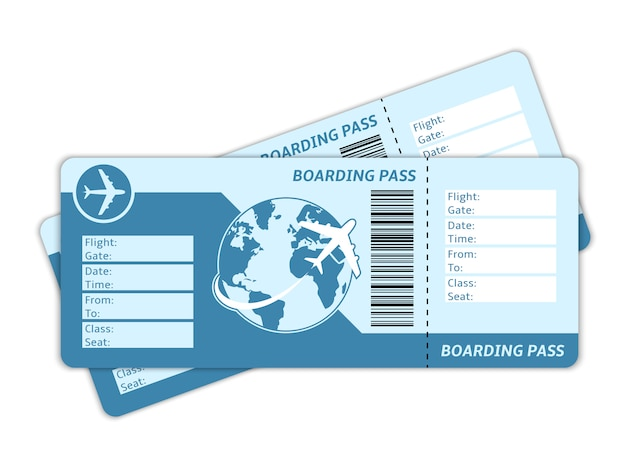Travel insurance is a plan that protects you from financial losses and emergencies while traveling, either domestically or internationally
. A comprehensive policy can cover everything from sudden illness and lost luggage to trip cancellations and flight delays.
Key coverages
• Medical emergencies: A travel insurance policy can provide financial assistance for medical emergencies that occur during a trip, which is especially important for international travel, as medical costs can be extremely high. Many policies offer cashless hospitalization through a network of partner hospitals.
• Trip interruption or cancellation: This coverage reimburses you for prepaid, non-refundable expenses if you have to cancel your trip or cut it short due to an emergency, such as an accident, illness, or a natural disaster.
• Baggage loss or delay: If your checked-in baggage is lost, damaged, or delayed, travel insurance can provide compensation for essential replacement purchases and the value of lost items.
• Flight delays: For delays exceeding a certain number of hours, some policies provide a fixed allowance to cover additional expenses like meals or accommodation.
• Loss of passport: If your passport is lost or stolen in a foreign country, your policy can cover the costs of obtaining a new one.
• Personal liability: This covers legal and financial liabilities if you accidentally cause injury to another person or damage their property while on your trip.
• Emergency evacuation: In the event of a critical health issue, this can cover the cost of transporting you to the nearest medical facility or back to your home country.
• Emergency cash assistance: If you are robbed or your wallet is stolen, some insurers can help arrange emergency funds.
Types of travel insurance
Insurers offer different types of policies to suit various travel needs:
• Single-trip: Covers a single round trip, and is valid only for the duration of that specific journey.
• Multi-trip or Annual: Ideal for frequent travelers, this plan covers multiple trips taken within a single year.
• Family: Provides coverage for the entire family under a single policy, which can be more convenient and cost-effective.
• Senior citizen: Designed for older travelers, these plans offer higher medical coverage and may account for pre-existing medical conditions.
• Student: Tailored for students going abroad for higher education, covering expenses like tuition fees and study interruptions.
• Corporate: Purchased by companies for employees who travel frequently for business.
• Schengen: A specific plan that meets the mandatory travel insurance requirements for countries in the Schengen area.
Factors affecting the premium
The cost of a travel insurance premium is determined by several factors:
• Destination: Traveling to a destination with higher medical costs, such as the USA, will increase your premium.
• Trip duration: Longer trips increase your risk of encountering an issue, which leads to a higher premium.
• Traveler's age: Older travelers generally pay a higher premium due to the increased risk of health problems.
• Extent of coverage: A more comprehensive plan with add-ons for things like adventure sports will be more expensive than a basic policy.
• Number of travelers: Insuring a family or group typically costs more than covering an individual.
How to buy travel insurance
1. Determine your needs: Consider your destination, duration, age, and desired coverage.
2. Compare plans: Compare quotes and coverage from multiple insurers. Look at the claim settlement ratio and read reviews from other customers.
3. Purchase online: Most insurers allow you to buy a policy online by providing your travel and personal details.
4. Buy early: It is advisable to purchase travel insurance shortly after booking your trip to be covered for pre-trip disruptions.
Important considerations
• Read the exclusions: Always read the fine print to understand what is not covered by the policy. Common exclusions include pre-existing medical conditions (unless specified), self-inflicted injuries, and incidents related to drugs or alcohol.
• No purchase after travel starts: You cannot buy a travel insurance policy once your journey has already commenced.
• Cashless vs. reimbursement: Understand the claims process, particularly whether you can get cashless treatment at network hospitals or if you must pay upfront and seek reimbursement later.
Travel insurance is a plan that protects you from financial losses and emergencies while traveling, either domestically or internationally
. A comprehensive policy can cover everything from sudden illness and lost luggage to trip cancellations and flight delays.



















